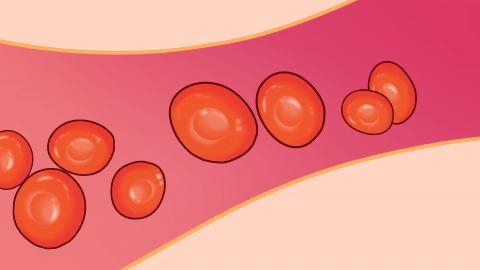Can portal vein thrombosis be cured?
In general, whether portal vein thrombosis can be cured depends on the stage of the disease and the presence of complications. Acute, early-stage portal vein thrombosis without severe complications may be curable, whereas chronic cases or those with serious complications are more difficult to cure and are primarily managed by controlling disease progression. Detailed analysis is as follows:

If portal vein thrombosis is diagnosed at an acute, early stage—before complete organization of the thrombus occurs—and has not triggered severe complications such as intestinal necrosis or portal hypertension, timely standard treatments such as anticoagulation and thrombolysis may lead to dissolution of the clot in some patients, restoring patency of the portal vein and achieving clinical cure. Long-term prevention of thrombus recurrence is required afterward.
When portal vein thrombosis progresses to the chronic stage or when serious complications such as esophageal and gastric varices or ascites have already developed, the thrombus is often organized and hardened, making complete dissolution difficult and curative treatment challenging. In such cases, the focus of therapy shifts to controlling thrombus progression and preventing new clot formation through anticoagulation, interventional procedures, or surgery.
In daily care, it is essential to strictly follow medical instructions for taking anticoagulant medications and avoid stopping or adjusting the dosage without guidance. A low-fat, high-fiber diet should be maintained to prevent constipation and reduce increased intra-abdominal pressure that could adversely affect the portal vein.









